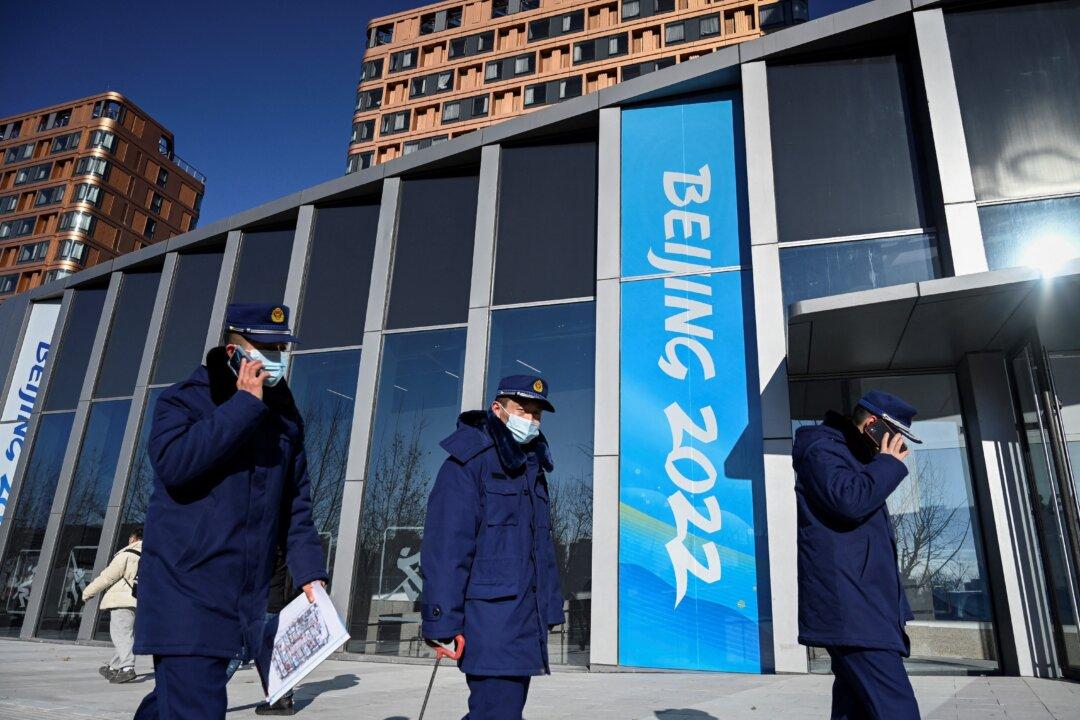Inedible meals and dirty rooms were far from the end of the unsavory moments coming out of the Beijing Olympic bubble.
“Help!” wrote Finnish Olympic skier Katri Lylynpera on Instagram as water gushed through the ceiling and flooded the team’s living quarters after a pipe leakage.





